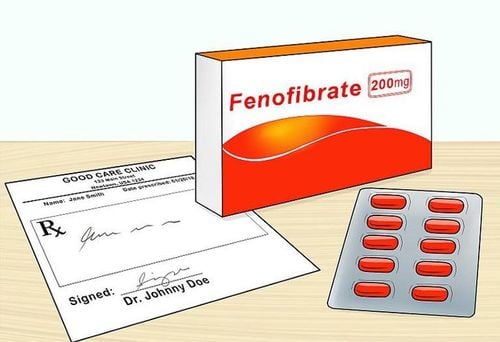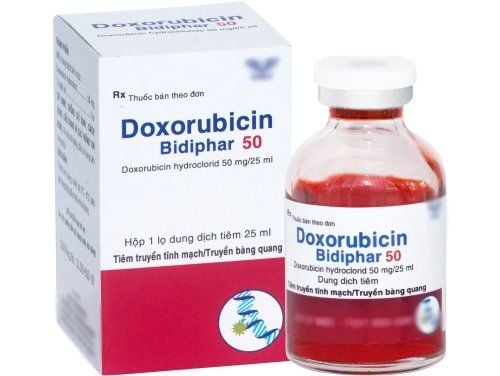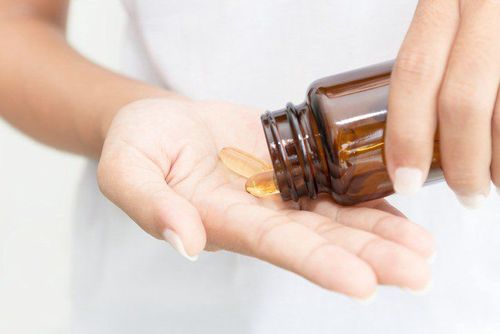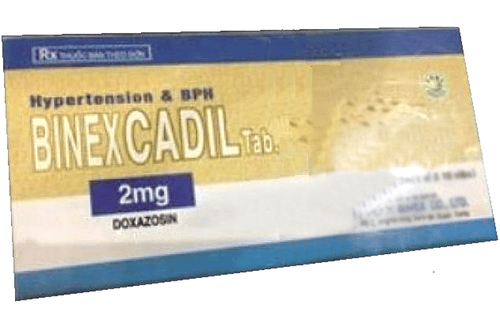This is an automatically translated article.
Vitamin E is an antioxidant that can protect your cells against the effects of free radicals and generated molecules. If you take vitamin E for its antioxidant properties, keep in mind that supplements may not provide the same benefits as naturally occurring antioxidants.
1. What is Vitamin E?
Vitamin E is an important nutrient for vision, reproduction and the health of your blood, brain and skin.
Vitamin E is an antioxidant that can protect your cells against the effects of free radicals and generated molecules. If you take vitamin E for its antioxidant properties, keep in mind that supplements may not provide the same benefits as naturally occurring antioxidants. You can also get vitamin E from meat, dairy, green vegetables, and fortified cereals.
Vitamin E deficiency can cause nerve pain (neuropathy). The recommended daily amount of vitamin E for adults is 15 mg per day.
2. What foods provide vitamin E?
You can get the recommended amount of vitamin E by eating a variety of foods including the following:
Nuts (peanuts, hazelnuts, and especially almonds, sunflower... Vegetables... greens like spinach and broccoli.... Food companies add vitamin E to some breakfast cereals, fruit juices, margarines, and other foods. vitamin E, check the product label.

Rau bina là một trong các loại thực phẩm giàu vitamin E
3. What kind of vitamin E supplements are there?
Vitamin E supplements come in different forms and strengths. The 2 main considerations when choosing a vitamin E supplement are:
Amount of vitamin E: Most once-daily multivitamin supplements provide about 13.5 mg of vitamin E. Dosages in most Vitamin E-only supplements are much higher than the recommended amount. Some people take large doses because they believe or hope that doing so will keep them healthy or reduce their risk of certain diseases. Form of vitamin E: Although vitamin E sounds like a single substance, it is actually the name of 8 related compounds in foods, including alpha-tocopherol. Each form has a different effect, or level of activity in the body. Some food and supplement labels still list vitamin E in International units (IU) instead of mg. 1 IU of natural vitamin E is equivalent to 0.67mg. 1 IU of synthetic vitamin E is equivalent to 0.45 mg.
4. Harm if not getting enough vitamin E
Vitamin E deficiency is rare in healthy and adult individuals. Deficiency is almost always associated with some disease in which fats are not properly digested or absorbed.
Vitamin E deficiency can cause nerve and muscle damage, leading to loss of sensation in the hands and feet, loss of control of body movements, weak muscle function, and problems with eyes and vision. least. Another sign of a deficiency is a weakened immune system.
5. Is Vitamin E Harmful?
Vitamin E if used incorrectly will have negative health effects, specifically:
5.1 Cancer Most vitamin E does not help prevent cancer and can be harmful in some cases. When vitamin E supplementation (180m/day) for several years increased the risk of developing prostate cancer in men.
A study in middle-aged men and women who took vitamin E supplements for 7 years or more found that it did not protect them from any form of cancer. However, one study found a link between the use of vitamin E supplements for 10 years or more and a lower risk of dying from bladder cancer.

Sử dụng vitamin E trong vài năm cớ thể làm tăng nguy cơ phát triển ung thư tuyến tiền liệt ở nam giới
5.3. Eye Disorders As age-related macular degeneration (AMD) increases, it causes poor vision, causing cataracts in adults. These are the main causes of eye disorders. Research results on whether vitamin E can help prevent these conditions are inconsistent. Among people with high-risk, advanced AMD, a dietary supplement containing large doses of vitamin E combined with antioxidants such as zinc and copper slowed the rate of vision loss.
6. What is the harm of Vitamin E?
High doses of vitamin E may increase the risk of bleeding (by reducing the blood's ability to form clots after an injury) and brain hemorrhage.
Because of this risk, the upper limit for adults is 1,000 mg/day for vitamin E supplements. Natural or synthetic, equivalent to 1,500 IU/day for natural vitamin E supplements and 1,100 IU per day for a synthetic vitamin E supplement. The upper limit for children is lower than the limit for adults. Some studies suggest that taking vitamin E supplements even below these upper limits can be harmful. For example, in one study, men who took 400 IU (180 mg) of synthetic vitamin E daily for several years had an increased risk of prostate cancer.
Vitamin E supplements may interact with or interfere with certain medications you take.
- Vitamin E may increase the risk of bleeding in people taking anticoagulants or antiplatelet drugs.
- Vitamin E along with other antioxidants affects blood cholesterol levels.
Hope the above information has given you more options and answers if vitamin E is harmful. Wish you always have a scientific diet and improve your work productivity and improve your life.
Please dial HOTLINE for more information or register for an appointment HERE. Download MyVinmec app to make appointments faster and to manage your bookings easily.













